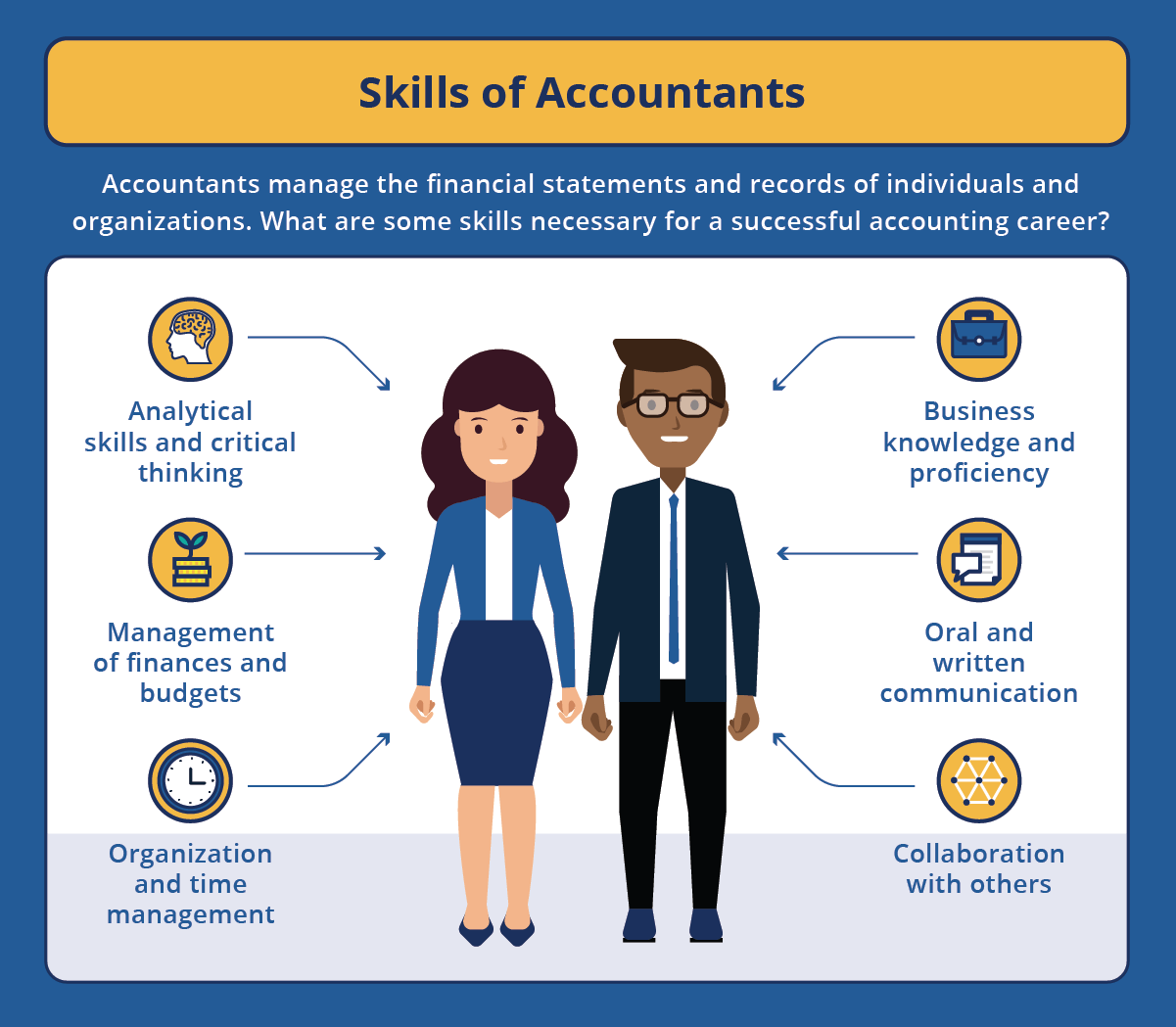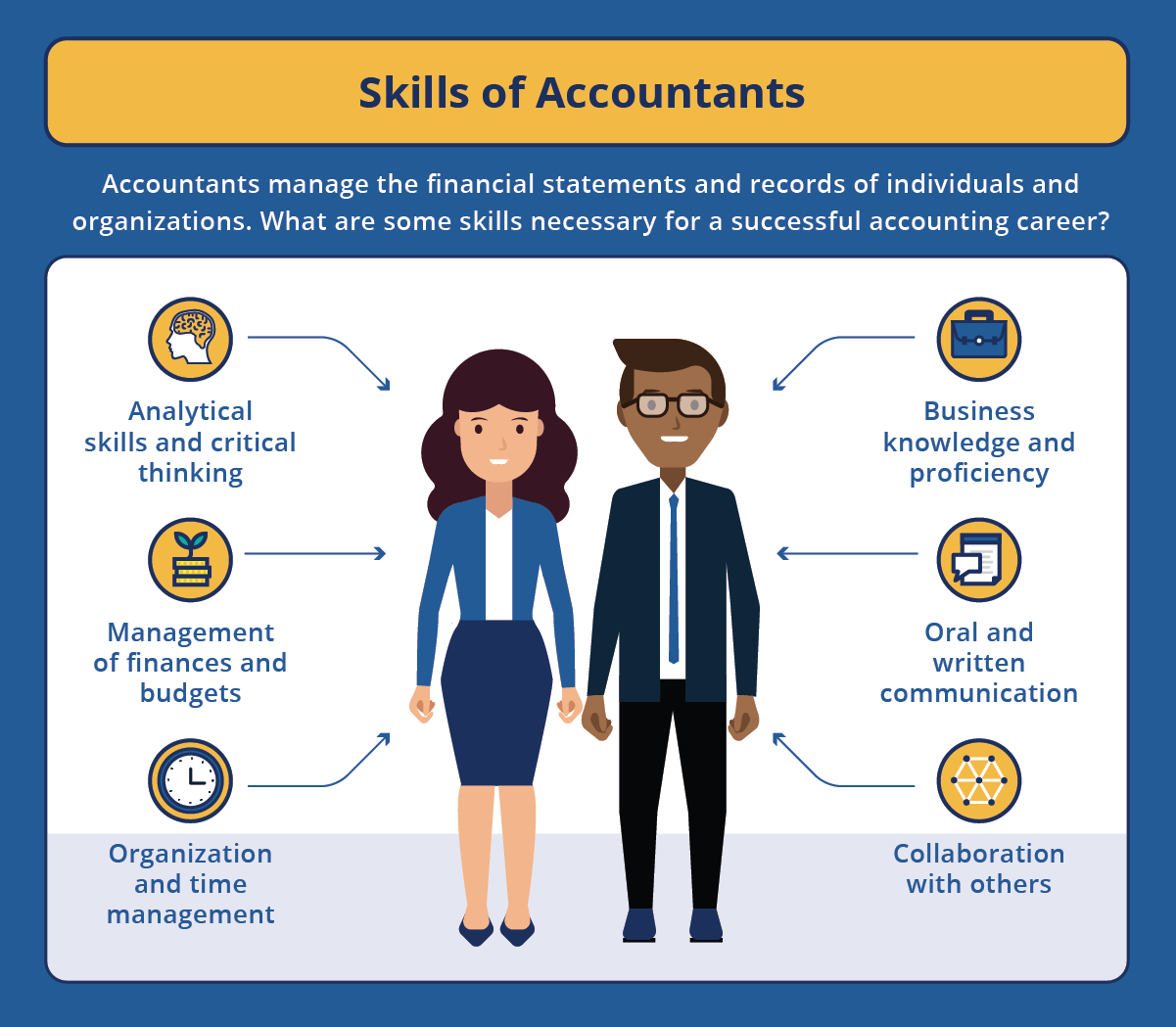Understanding the Benefits of Sick Pay Insurance
Sick pay insurance is an essential financial safety net for many individuals, particularly in an uncertain job market. It’s crucial to understand how this form of insurance can provide security in times of illness or injury, ensuring that you can maintain your lifestyle even when you cannot work.
What is Sick Pay Insurance?
Sick pay insurance, sometimes referred to as income protection insurance, is designed to replace a portion of your income if you’re unable to work due to sickness or injury. This type of insurance is invaluable for those who have limited savings or do not have employer-sponsored sick leave.
How Does Sick Pay Insurance Work?
When you purchase a sick pay insurance policy, you pay a premium regularly. In return, if you’re unable to work due to a covered illness or injury, the insurer will provide regular payments to you. These payments usually represent a percentage of your regular earnings and continue until you can return to work or the policy benefits run out.
Important aspects to consider include the waiting period, benefit period, and the percentage of income replaced. Each plan differs, so it’s crucial to read through the policy details or consult with an expert before making a purchase.
Why Consider Sick Pay Insurance?
- **Financial Security**: It ensures you can pay essential bills and maintain your lifestyle when you can’t earn your regular income.
- **Flexibility**: You can customize your coverage to suit your needs and budget.
- **Peace of Mind**: Knowing that you have a fallback plan in case of unexpected health issues provides immense peace of mind.
While it may seem like an additional expense, sick pay insurance offers substantial benefits that outperform the initial costs in the long run. It serves as a buffer, allowing you to concentrate on recovery without financial stress.
Explore Your Options
To make an informed decision about your sick pay insurance options, it’s wise to compare policies from different providers. This will help you find the best coverage that suits your financial situation and personal needs. For a comprehensive comparison and more information on policies like sick pay insurance, you can visit comparison websites. Comparing options ensures you select a plan that offers optimal benefits for an affordable price.
Sick pay insurance is a sound investment for anyone concerned about their long-term health and financial stability. By protecting your income, you can rest assured knowing you’re prepared for the unexpected. Make sure to evaluate your options thoroughly and choose the best policy for your circumstances.


